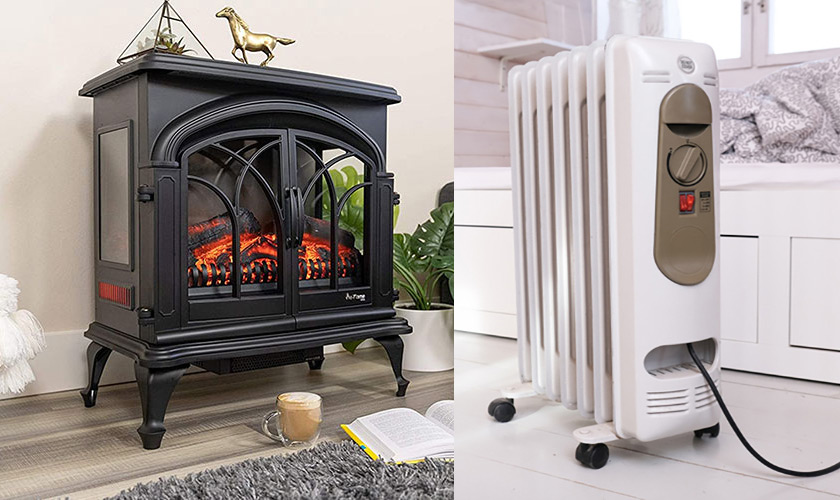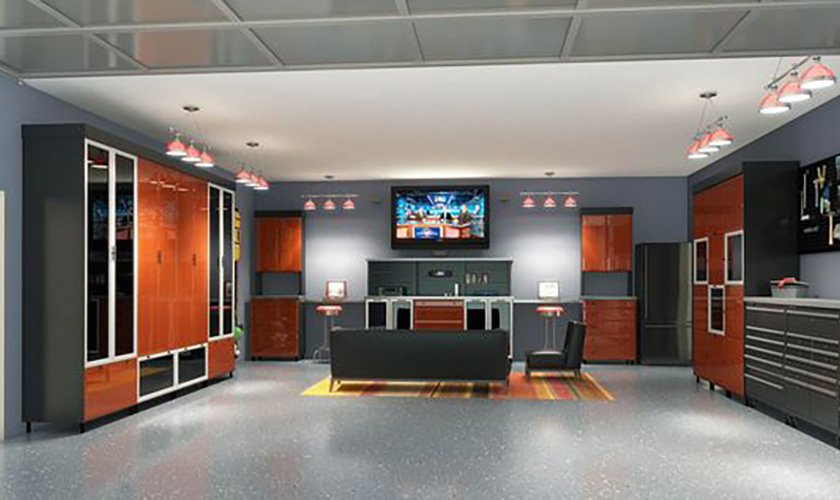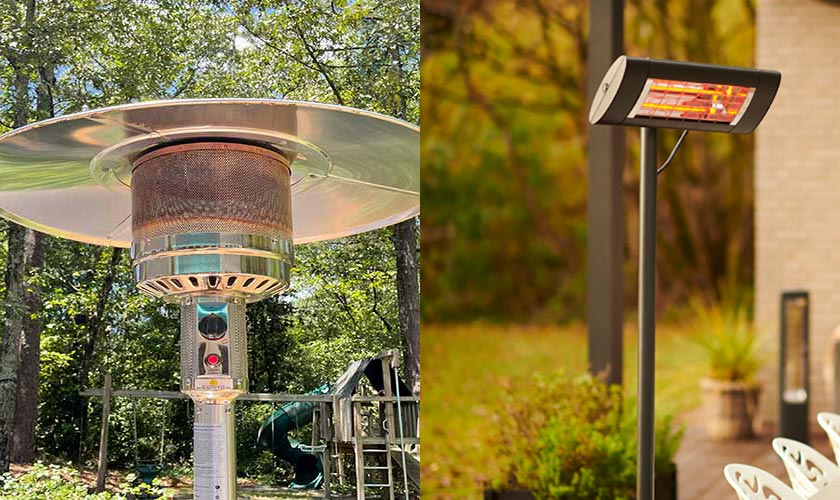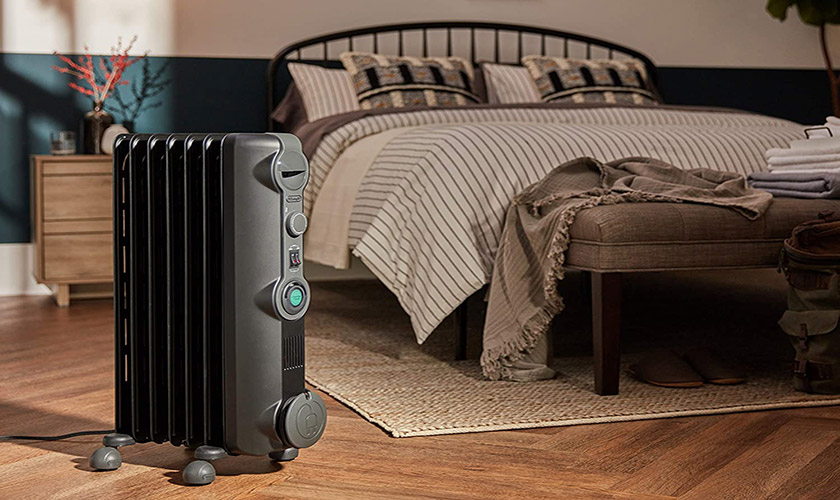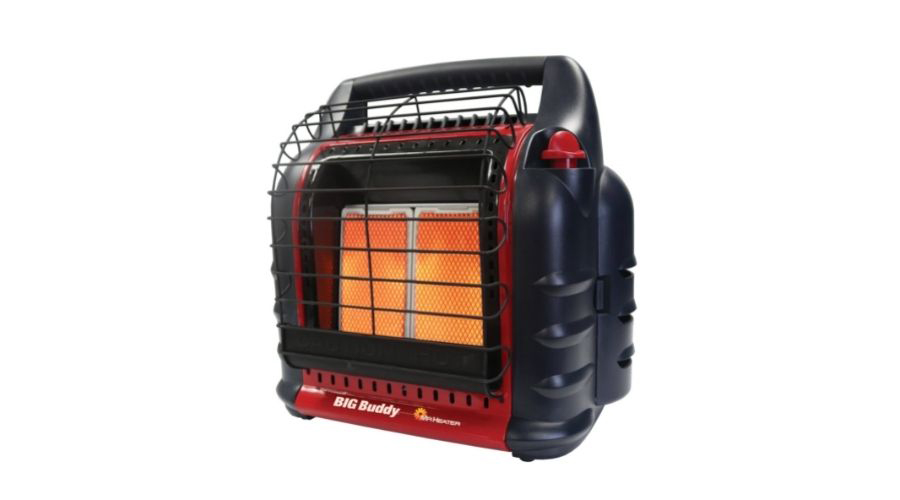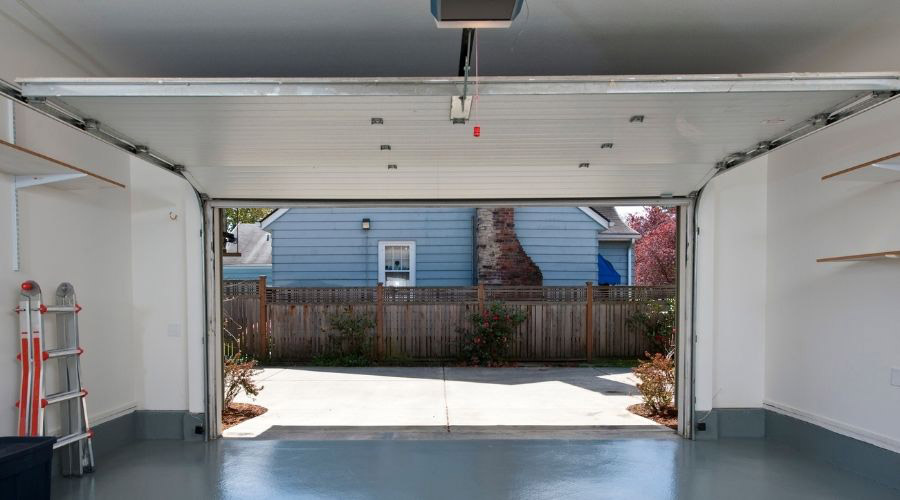
When working in your garage or using it as a hangout spot for your older children, or even yourselves, you will eventually stumble into the winter months, which can make garages relatively chilly, especially on a windy evening!
Not to mention, they are a lot faster and more efficient than other heaters out there. However, you may wonder if propane space heaters are safe to use in a garage. Well, we are going to find this out fairly quickly.
Propane space heaters are relatively safe as well as economically friendly. They are good space heaters to keep in your garage to warm up the area during the fall and winter months without making your electricity bill skyrocket.
We will go over many things in this article, such as if you need ventilation to use a propane heater, safety precautions to take, and if they will be dangerous to use or not. Understanding you and your loved ones’ safety is essential to ensure a better experience overall.
Is It Safe To Run A Propane Heater In My Garage?
As mentioned above, propane heaters are safe to put into your garage. They are one of the best options due to how inexpensive it is to operate instead of electric garage heaters, which can make your electricity statement shoot up to the ceiling and barely come down.
If you have a vented propane space heater, they are incredibly safe, efficient, and easy to install. Vented propane space heaters also burn cleaner, which essentially does not produce any carbon black in the air. You are also not releasing damaging chemicals into the air either.
Do You Need Ventilation When Using A Propane Heater?
It is essential to have ventilation with propane space heaters. This is important if you live in a relatively small area, such as a tiny home, or are working in another remote location, especially if the heater is running on high. Ensure you always open a door or window to keep the fresh air inside.
These heaters are fantastic for outdoor use in well-ventilated areas as well. As you may have already known, they use open flames, which generate heat at a higher capacity than electric heaters.
On the contrary, if you wish to use these inside a home or other building, electric or oil-filled heaters are best for these spaces due to carbon monoxide in propane heaters.
Safety Tips & Tricks to Use A Propane Heater In A Garage
You will want to remember many things regarding safety, especially since using them in a garage. Here are some core tips and tricks to remember:
- Make sure you choose a propane heater that is the right size for your space.
- Follow the manufacturer’s instructions when using your space heater.
- Never place anything on top of an indoor propane space heater. Overall, this will lead to a disaster in the waiting.
- Install carbon monoxide detectors in your garage and within your home.
- Turn the heater off when you sleep or leave the room, even going to the bathroom for a minute.
- Choose a heater with safety features like a high-temperature safety guard (coated on the front), overheat protection, automatic tip-over shutoff, and a low oxygen sensor.
- Have it inspected annually, even if you have not used it in the past 8-9 months due to spring, summer, and fall seasons?
- Ensure your heater is on a reliable and flat surface and away from where people are walking.
- Please keep it away from flammable objects, such as gasoline, paints, paint thinners, etc.
- When there is a glowing yellow or orange flame rather than blue in your propane space heater, immediately stop using it and contact professionals. Make sure it is unplugged as well to ensure the safety of your household better.
Can You Get Carbon Monoxide Poisoning From a Propane Heater?
The first thing is first: what exactly IS carbon monoxide? We know it is dangerous, but do we know why?
Carbon monoxide (CO) is a colorless, odorless, and tasteless gas that is poisonous. It has no detectable odor, but you can tell its smell when carbon monoxide is mixed with other gasses.
This means you are inhaling the CO and other gasses into your body, which is why getting a carbon monoxide detector is deemed essential. The minimum requirement is 1 or 2 warners to ensure safety.
So can you get carbon monoxide poisoning from a propane heater?
The answer is yes; you can unless used correctly. Not only this, but carbon monoxide can come from other appliances that contain oil and natural gas fire heating systems, gas appliances, and fireplaces.
How Dangerous Are Propane Heaters?
As we previously discussed, propane heaters are very safe because they use proper ventilation.
Otherwise, the propane heater will use up all the oxygen in the room to continue burning propane fuel and replacing it with carbon monoxide.
Since ventilation brings in oxygen, it should bring in enough oxygen to surpass, mainly when used outside.
What Are The Warning Signs Of Carbon Monoxide Poisoning?
You can tell many ways if your body is being affected by carbon monoxide, so even if you did not have a detector, your body will detect it for you.
However, it is still vital to get one because you may not always be paying attention to what your physique is telling you at the time. After all, we ignore pains in our bodies a lot. However, here are some symptoms to look after:
- Headaches
- Nausea
- Sleepiness
- Dizziness
- Vomiting
- Confusion
Early signs of carbon monoxide are closely related to food poisoning symptoms, but it is essential to be aware of CO poisoning.
Exposure to carbon monoxide for a prolonged time can lead to brain damage, unconsciousness, and possible death.
Make sure to get fresh air immediately after exposure to CO, then directly call your primary doctor or physician for better treatment.
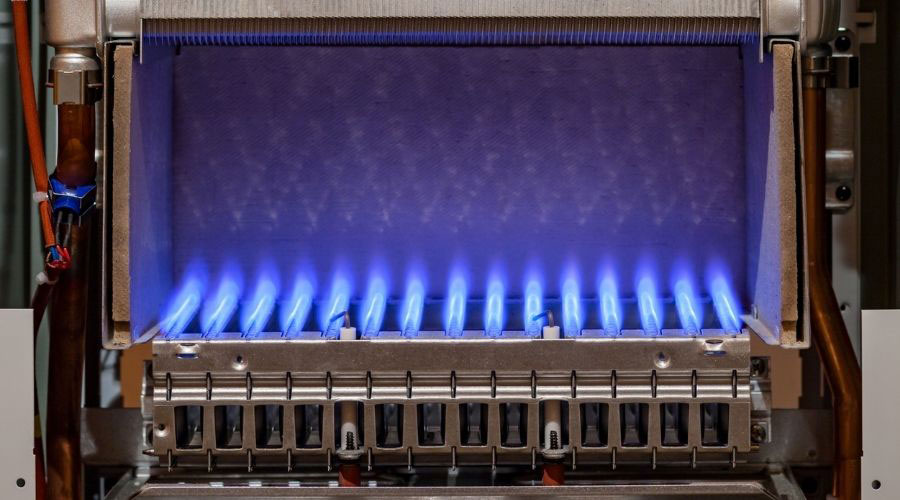
Related Questions:
Are Propane Heaters Safe for Other Indoor Areas?
You can use propane heaters for many purposes. Besides being in the garage, you can use your propane space heater for multiple other areas, such as the shed, workshop, or porch.
The best part about using these radiators is that you can do projects or turn these areas into a hangout spot with friends and family. They are also great for tiny homes.
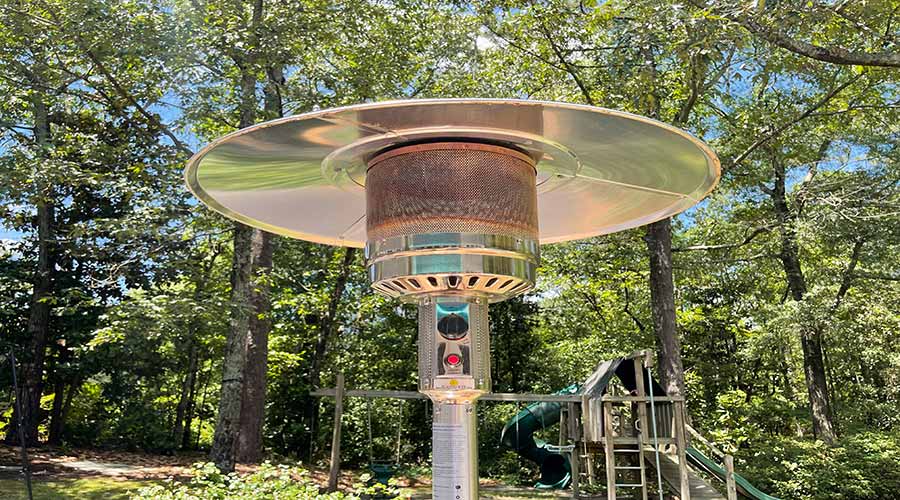
What Kind Of Propane Heaters Are There?
When it comes to your home, there are multiple options. Here are the options that are available to you:
- Portable indoor propane heaters
- Wall-mounted propane indoor heaters
- Forced air propane indoor heaters
- Radiant indoor propane heater
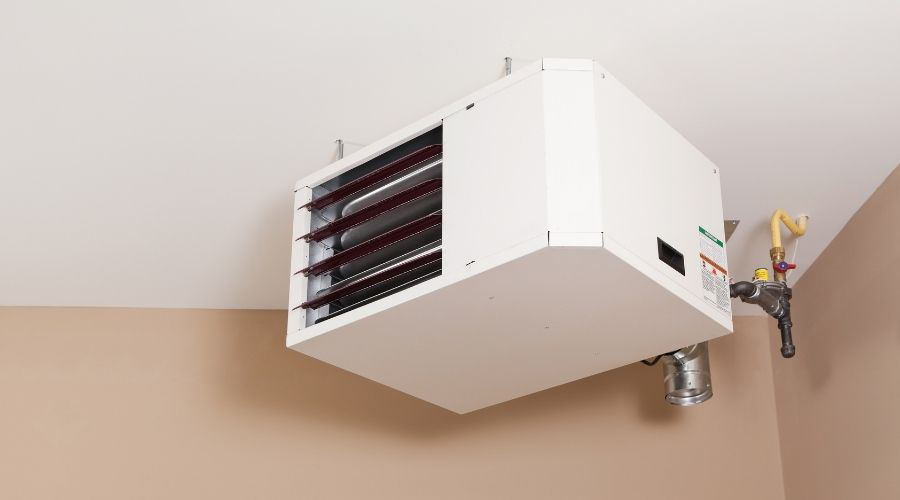
Which Is Better: Gas or Electric Garage Heaters?
Since an electric heater is much more expensive to run during the winter, a gas heater is a viable option, as it costs 20% more to operate than vented forced air gas. Not only that, but electric heaters are 40% more than vent-free infrared gas heaters.
Electric space heaters will also not produce enough heat to get you by in your garage, so this is something else to consider.
Final Thought
To summarize everything up, using a propane space heater will be very safe in a garage, but there are some things to keep in mind. Let us go over what all we have learned today so far:
- Make sure there is proper ventilation.
- Always read the instruction manual before using it.
- Watch out for any warning signs of carbon monoxide poisoning.
- Propane heaters are best served in areas such as porches, garages, workshops, etc.
Overall, if you follow the protocols given above and do as much research as possible, you can ensure propane heaters’ safety! We hope this has helped you out in many ways, and make sure you read more on our other articles to better grip on things!



